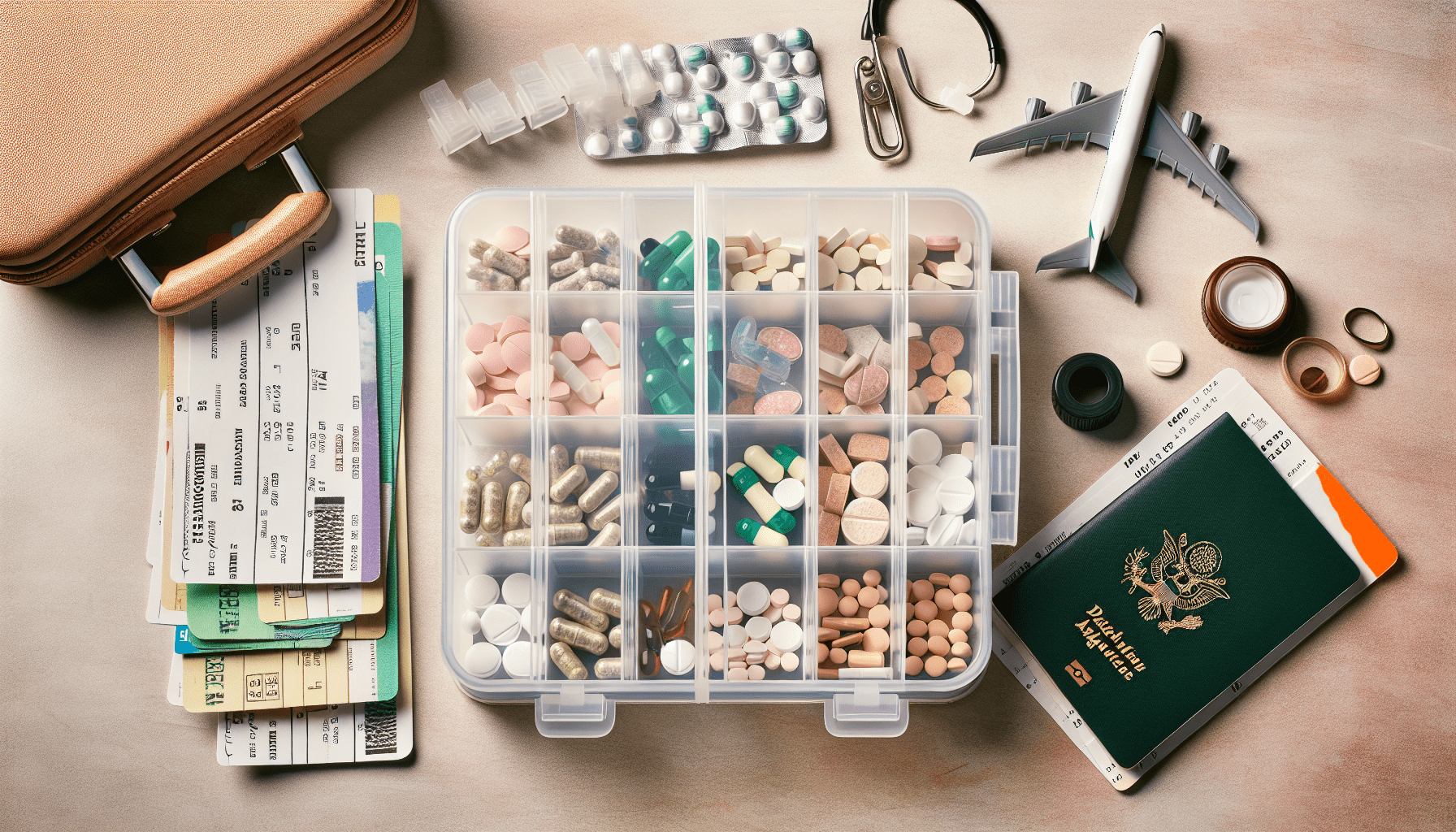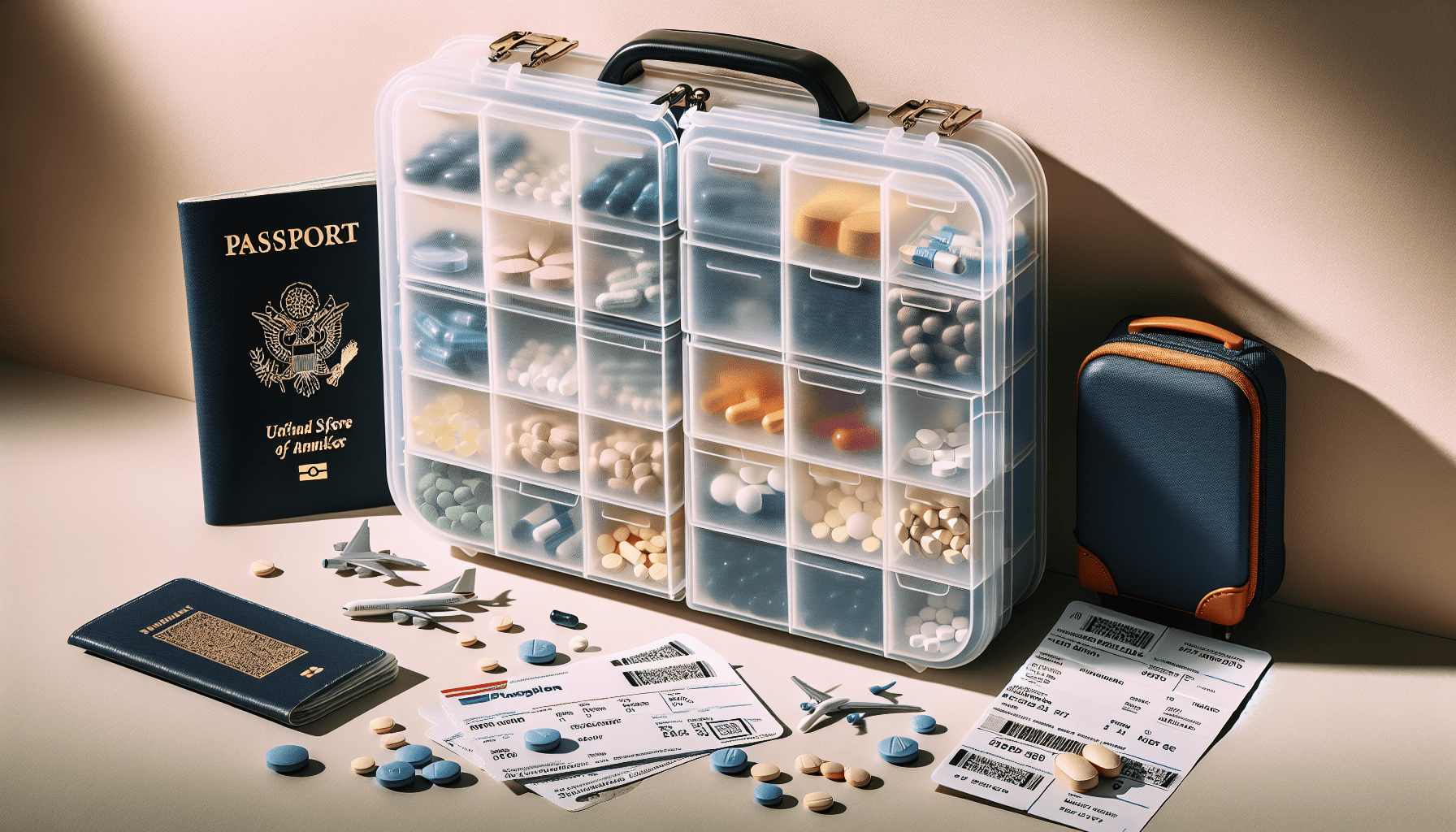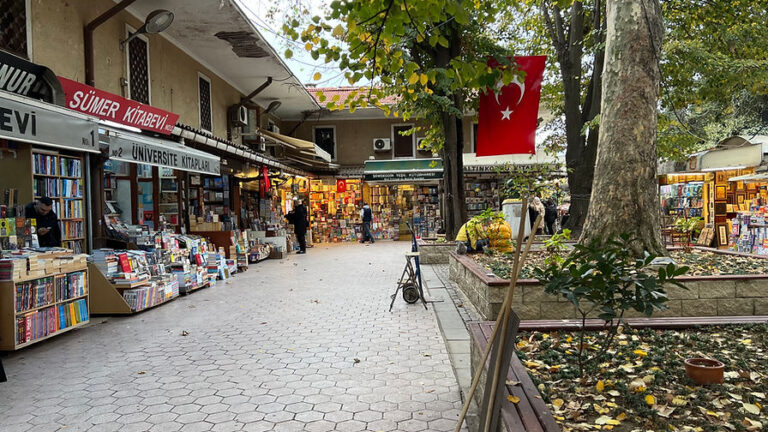Uygafly Birthday Gifts for 4 5 6 7 8 9 10 11 12 13 Year Old Girls,Easter Gifts for Teens Kids Daughter Sister Her,Fanny Pack Crossbody Bag Belt Bag Cute Trendy Stuff | Cream,A
$13.99 (as of April 7, 2025 11:41 GMT +00:00 - More info)Have you ever wondered how to manage your medication while traveling? Whether you’re planning a vacation or a business trip, keeping up with your medication regimen can be a bit daunting. From understanding international laws to ensuring your prescription stays safe during transport, there are a lot of factors to consider. But don’t worry, we’re here to help! This guide will walk you through everything you need to know to make sure your medication management is smooth and stress-free.

Research Medication Regulations
Before you even start packing, it’s essential to know the rules and regulations regarding medications in your destination country. Different countries have different laws, and what might be perfectly legal in one place could be restricted or even prohibited in another. The last thing you want is to face legal issues or have your medication confiscated upon arrival.
Check Medication Laws and Requirements by Country
Each country has its own set of regulations concerning medications, and ignorance of the law is not an excuse that customs officials will accept. It’s crucial to research the legal status of your medication. Start by checking official government or embassy websites for any pertinent information. Embassies can provide up-to-date and reliable details about what medications you can and cannot bring into the country.
Embassy Websites are a Reliable Source
Many travelers find embassy websites to be a reliable source for this kind of information. These sites often list banned substances, limits on medication quantities, and required documentation. You might even find contact information for officials who can offer further details or clarification if anything is ambiguous. Ignoring this step could result in severe inconveniences, such as your medications being confiscated or worse, facing legal troubles.
Carry Documentation
Proper documentation is vital when traveling with medications. Carrying a doctor’s letter and your original prescription not only provides proof that you’re carrying medication for personal use but also helps avoid potential misunderstandings at customs.
Bring a Doctor’s Letter and Original Prescription
Your doctor’s letter should detail your medical condition, the medications prescribed, and their dosages. This letter acts as a legal document that validates your need for the medication. Similarly, having the original prescription with you provides additional credibility and can be helpful if you need to replace any lost or stolen medication during your trip.
Include Details About Medication, Dosage, and Condition
This documentation should comprehensively detail your medication regimen. List the exact names of the drugs, their dosages, and the conditions they treat. Specificity is your friend here; ambiguous or incomplete information could lead to unnecessary delays or complications. A well-documented medication plan ensures smoother customs processing and helps healthcare providers quickly understand your needs in case of an emergency.

Top domestic vacation destinations
Original Packaging
Storing your medication correctly is another critical factor. Keeping your medication in its original packaging can help avoid confusing customs officials and prevents any mix-ups that might occur.
Keep Medication in Original Containers with Labels
Original packaging usually contains vital information, such as the drug’s name, dosage instructions, and the issuing pharmacy. These details can be crucial for officials trying to ascertain whether the medication is legitimate. Removing the medication from its original packaging could lead to a lack of trust or confusion, putting you at risk of having it confiscated.
Use a Suitable Cooler for Refrigerated Medications
If your medications require refrigeration, make sure to bring a portable cooler that complies with airline regulations. A good cooler maintains the required temperature for several hours, ensuring your medication remains effective. Planning ahead ensures that your medication stays in optimal condition, which is crucial for its efficacy.
Carry-On Storage
It’s generally advisable to keep your medication in your carry-on luggage rather than checked baggage. This approach minimizes the risk of loss and ensures that you have access to your medication at all times.
Pack Medication in Your Carry-On to Avoid Loss and Temperature Changes
Checked luggage can go missing, and the changing temperatures in the baggage hold could affect your medication’s efficacy. Storing your medication in your carry-on guarantees you immediate access whenever needed. Not only does this approach keep your medication safe, but it also accommodates any last-minute needs you may have during your journey.
Check Medication Limits
When traveling internationally, it’s crucial to be aware of any restrictions on the quantity of medication you can bring into the country.
Most Countries Restrict the Amount of Medication You Can Bring
Typically, countries allow you to bring a 90-day supply of medication for personal use. However, this limit can vary, and the consequences for exceeding it can be severe. Always verify the specific limits for your destination to avoid complications. Understanding and adhering to these limits ensures a hassle-free journey.
Emergency Plan
Despite your best efforts, you might still face unexpected situations that require an emergency plan. Knowing the locations of local pharmacies and hospitals can be a lifesaver.
Know the Locations of Local Pharmacies and Hospitals
Before you leave, take the time to research the locations of nearby pharmacies and hospitals at your destination. In case of an emergency, you’ll know exactly where to go. This preparation can save valuable time and reduce stress if you need urgent medication or medical assistance.
Learn Key Medication-Related Phrases in the Local Language
Language barriers can be a significant hurdle, but learning some essential medication-related phrases in the local language can greatly facilitate your communication with healthcare providers. Knowing how to say things like “I need my medication,” “Where is the nearest pharmacy?” or “I have a medical condition” can make a world of difference in an emergency.
Travel Insurance
Travel insurance is an essential part of your travel preparation, especially when you rely on medication. The right travel insurance policy can offer peace of mind and financial protection in case of unforeseen events.
Get Travel Insurance with Medical Coverage
When selecting a travel insurance policy, make sure it covers medical issues, including medication loss and pre-existing conditions. Not all travel insurance policies are created equal, so it’s essential to read the fine print. Coverage for medication loss is particularly crucial, as replacing medication in a foreign country can be both time-consuming and expensive.
Ensure Coverage for Medication Loss and Pre-Existing Conditions
Many travel insurance policies exclude pre-existing conditions from their coverage, which can be a significant downside for anyone reliant on medication. Ensure that your chosen policy includes these conditions to avoid costly medical expenses while traveling. By having comprehensive coverage, you’re protecting yourself against potential risks and enjoying your trip with peace of mind.
By following these tips, you’re setting yourself up for a smoother, safer journey. Whether it’s a far-flung adventure or a short business trip, these guidelines will help ensure that your medication needs are met without unnecessary stress or complications. Safe travels!
Hopefully, this article has answered most of your questions and eased any concerns. Traveling with medication requires thoughtful preparation, but with the right steps, it can be straightforward and stress-free. Remember, the key is thorough planning and understanding the specifics of your situation. By doing so, you can focus more on enjoying your trip and less on worrying about your medication.
If you have any more questions or need further assistance, feel free to reach out to healthcare providers or travel experts. After all, ensuring your health and well-being allows you to make the most out of your travel experiences.






